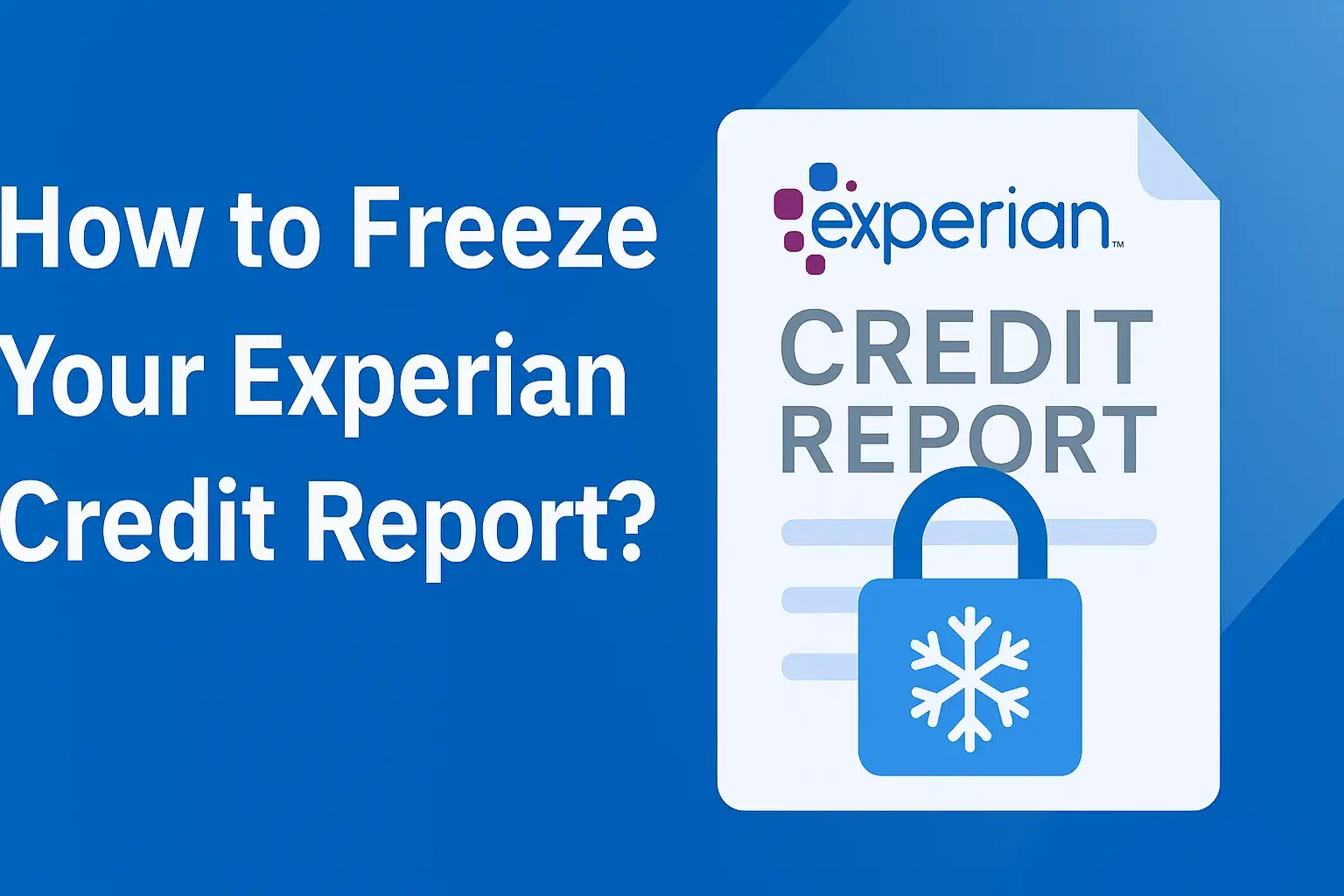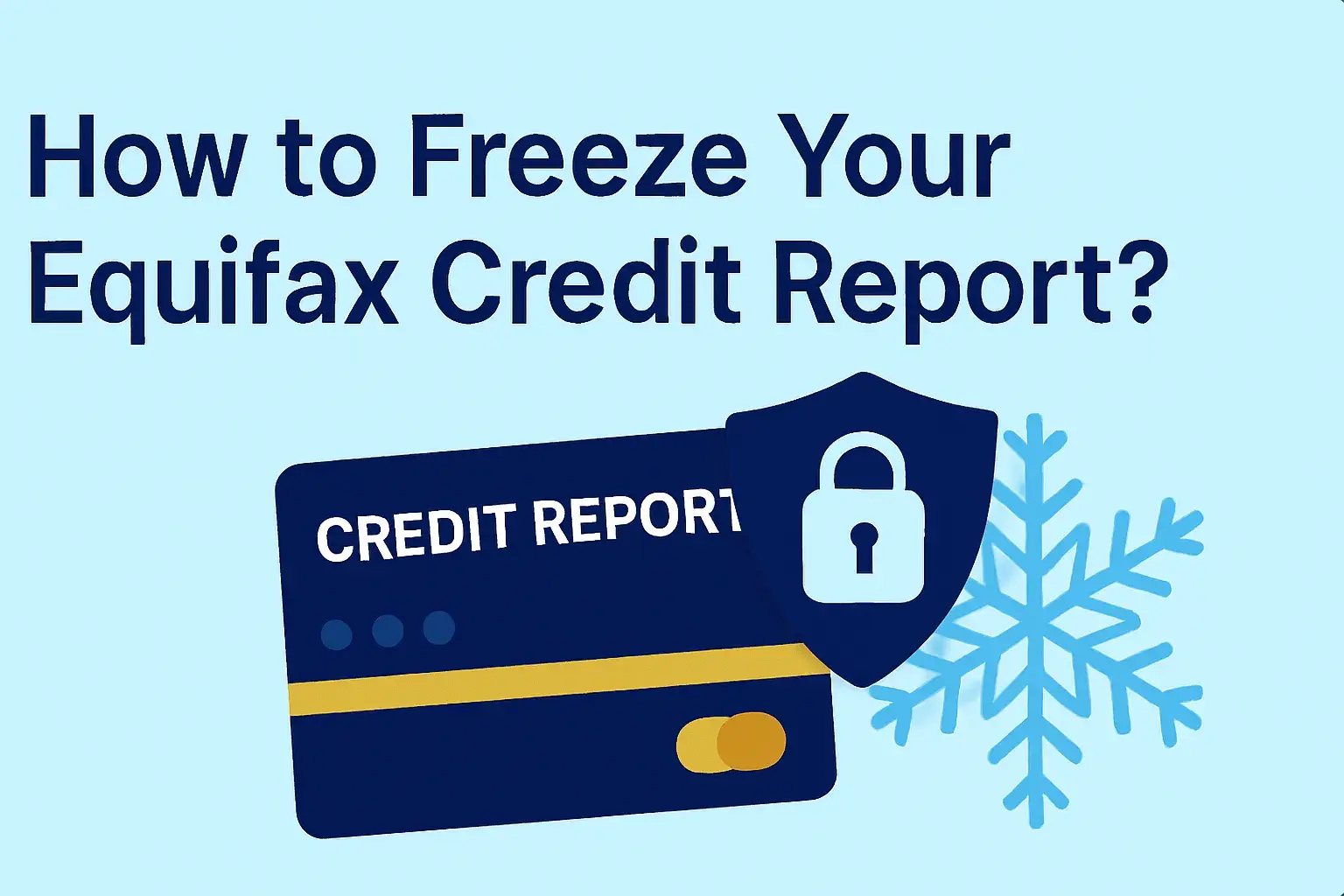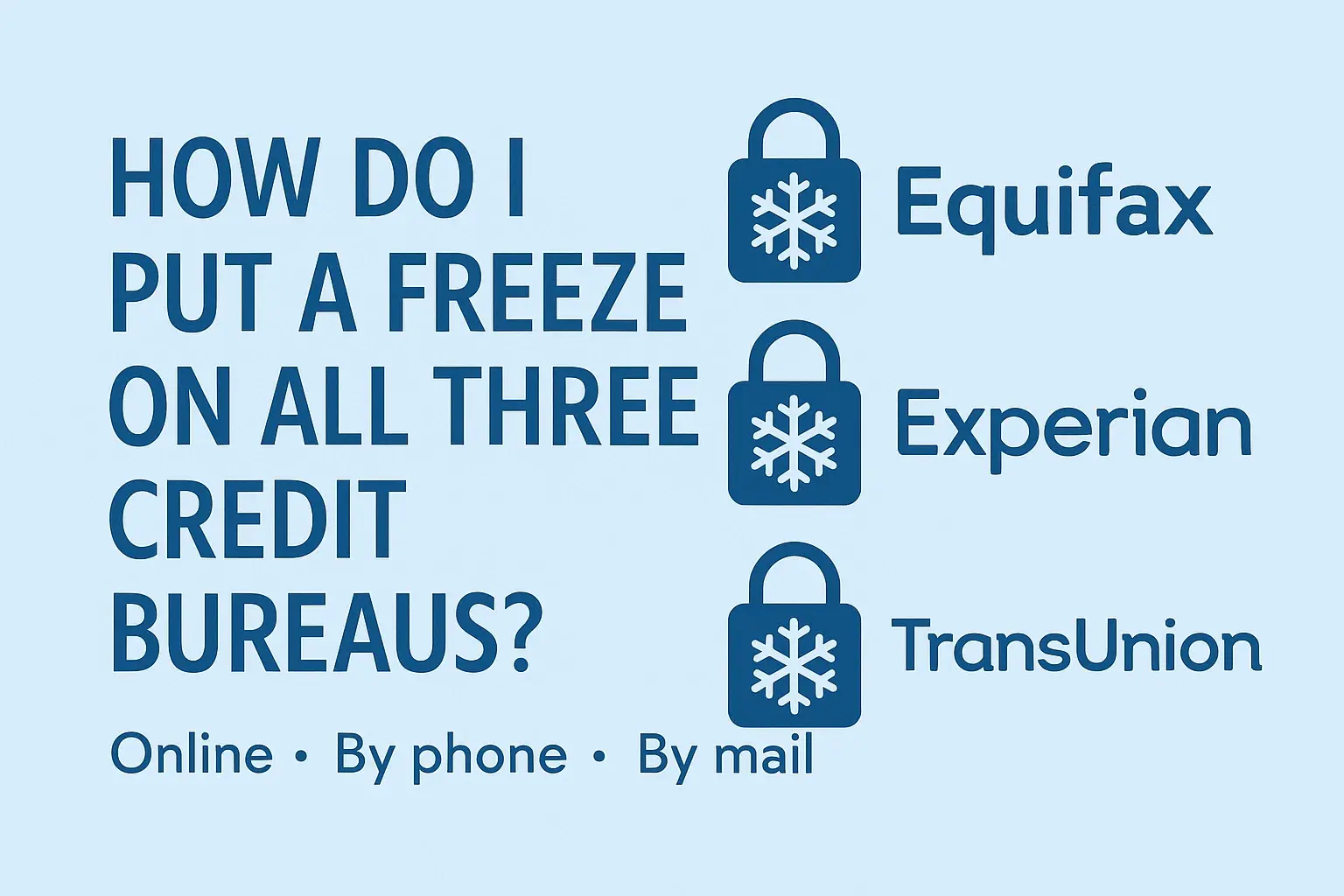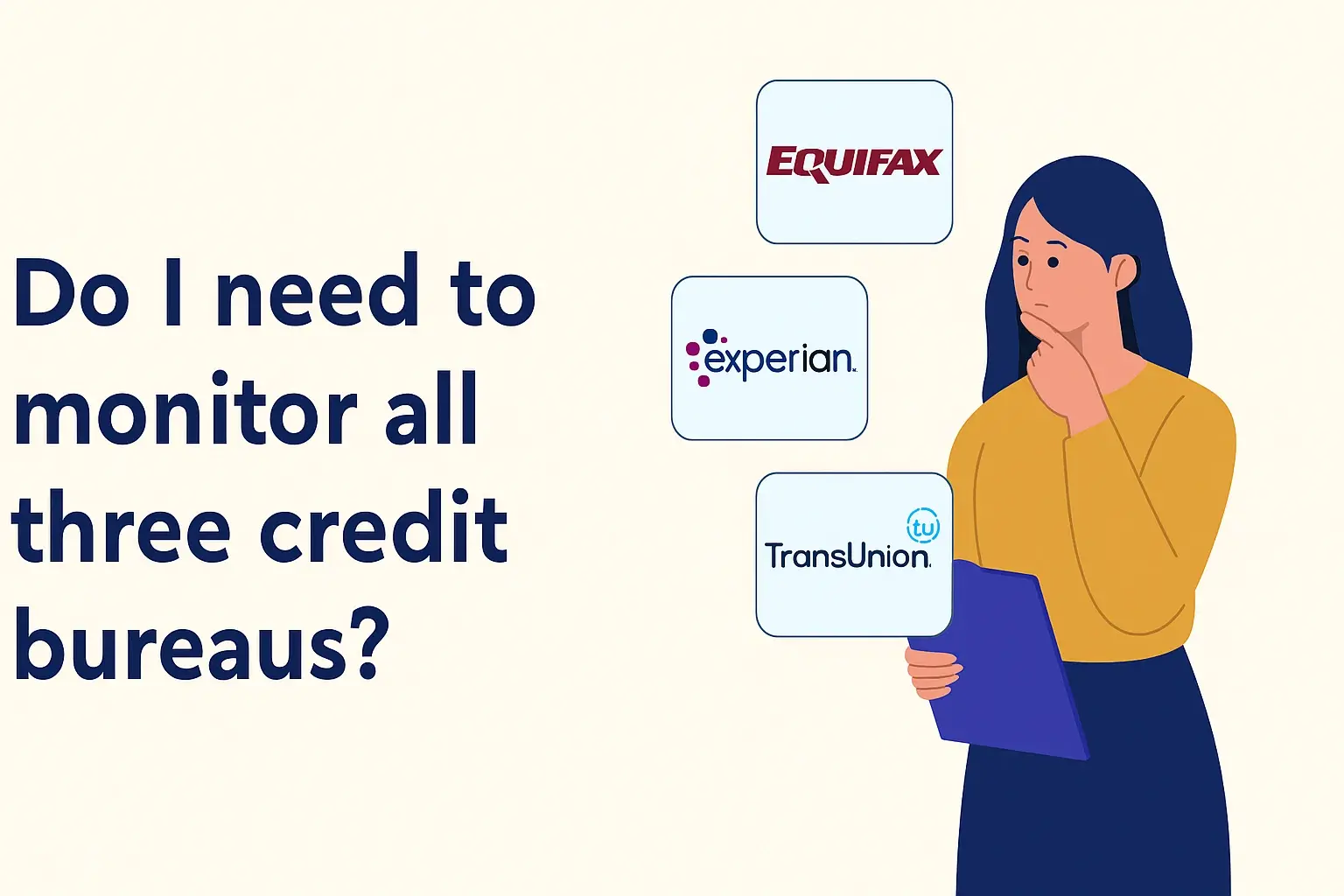-
Posted on: 29 Jul 2024
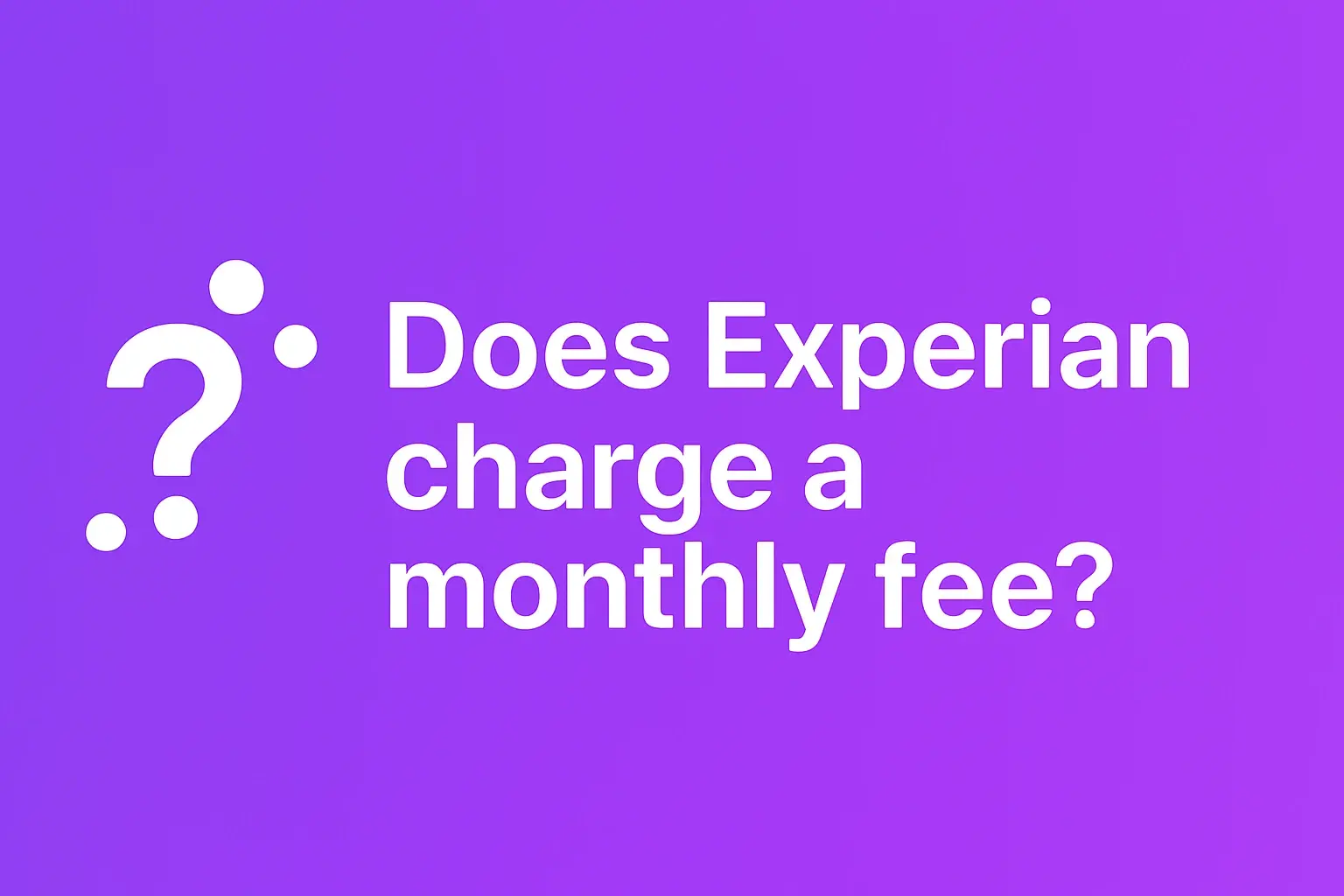
-
Understanding your credit health is crucial for financial well-being. Experian, one of the three major credit bureaus in the United States, offers a variety of services to help you monitor and manage your credit report and score. However, navigating their pricing structure can be confusing. This article aims to clarify whether Experian charges a monthly fee and to explain the various free and paid services they provides.
Experian: A Leading Credit Bureau
Experian is a global information services company providing data and analytics to businesses and consumers. In the realm of personal finance, Experian primarily focuses on credit reporting and monitoring. They collect and maintain credit information on millions of individuals, which they then use to generate credit reports and scores. These reports and scores are used by lenders to assess creditworthiness when you apply for loans, credit cards, or other forms of credit.
Free Services Offered by Experian
It's essential to understand that Experian offers several services that you can access for free. These include:
Free Experian Credit Report: Under the Fair Credit Reporting Act (FCRA), you are entitled to a free copy of your credit report from each of the three major credit bureaus (Experian, Equifax, and TransUnion) once every 12 months. You can obtain your free Experian credit report at AnnualCreditReport.com. This is the official website authorized to provide these free reports.
Experian CreditWorks Basic: Experian offers a free version of their CreditWorks service. This free version usually includes your Experian credit report and FICO score, refreshed every 30 days. You also get access to Experian’s credit monitoring tools, although with limitations compared to the paid plans.
Experian Boost: Experian Boost is a unique feature that allows you to potentially increase your credit score by adding on-time payments for utility bills, phone bills, and streaming services to your Experian credit report. This can be a helpful tool, especially for individuals with limited credit history.
Understanding the Limitations of Free Services
While the free services are valuable, it's important to be aware of their limitations. The free credit report provides a snapshot of your credit history at a specific point in time, but it doesn't offer continuous monitoring. Experian CreditWorks Basic offers monitoring, but the features are limited. If you need more comprehensive credit monitoring, identity theft protection, or access to credit scores from all three bureaus, you'll likely need to consider a paid plan.
Paid Subscription Services from Experian: Do They Charge a Monthly Fee?
Yes, Experian offers several paid subscription services that involve a monthly fee. These services provide more advanced features and benefits compared to the free options. Here's a breakdown of some of the most common paid plans:
Experian CreditWorks Premium: This is a more comprehensive credit monitoring service that provides daily credit report monitoring, credit scores from all three bureaus (Experian, Equifax, and TransUnion), identity theft protection features, and access to credit score tracking tools. It typically involves a monthly fee.
Experian IdentityWorks: This service focuses on identity theft protection. It includes features such as dark web surveillance, identity theft insurance, and fraud resolution assistance. Depending on the plan you choose (e.g., individual or family plan), it will likely have a monthly fee.
Experian CreditLock: CreditLock allows you to lock and unlock your Experian credit file, preventing unauthorized access and potentially reducing the risk of identity theft. This is generally a paid feature, though the precise pricing may vary or be bundled with other services.
Factors Influencing the Monthly Fee
The specific monthly fee for Experian's paid services can vary depending on several factors:
The specific plan you choose: Premium plans with more features will generally cost more than basic plans.
Bundled offers: Experian often offers bundled packages that combine multiple services, such as credit monitoring and identity theft protection. These bundles may have a different monthly fee than subscribing to each service individually.
Promotional offers: Keep an eye out for promotional offers and discounts that can temporarily reduce the monthly fee. These offers are often available for new subscribers.
Trial periods: Experian often offers free trial periods for their paid services. Be sure to understand the terms of the trial period and the monthly fee that will be charged after the trial ends. Set a reminder to cancel if you don't want to continue with the paid subscription.
Understanding the Value Proposition: Is a Paid Subscription Worth It?
Whether or not a paid Experian subscription is worth the monthly fee depends on your individual needs and circumstances. Consider the following factors:
Your credit history: If you have a long and established credit history with a high credit score, you may not need the extensive monitoring and protection offered by a paid subscription.
Your risk tolerance: If you are particularly concerned about identity theft or have been a victim of fraud in the past, a paid subscription with identity theft protection features may be a worthwhile investment.
Your budget: Carefully consider your budget and whether you can comfortably afford the monthly fee. There are other ways to monitor your credit for free, such as checking your credit report annually and using free credit monitoring tools.
The specific features you need: Evaluate the specific features offered by each plan and determine which ones are most important to you. Do you need credit scores from all three bureaus? Do you need identity theft insurance? Do you need help resolving fraudulent activity?
Alternatives to Paid Experian Subscriptions
Before committing to a paid Experian subscription, consider these alternatives:
Free credit monitoring services: Many banks and credit card issuers offer free credit monitoring services to their customers. These services can provide alerts when there are changes to your credit report.
AnnualCreditReport.com: As mentioned earlier, you are entitled to a free credit report from each of the three major credit bureaus every 12 months. Staggering your requests can allow you to monitor your credit throughout the year.
Credit Karma and other free credit score websites: Websites like Credit Karma provide free credit scores and credit reports. While the scores may not be exactly the same as the FICO scores used by lenders, they can give you a good indication of your credit health.
How to Cancel an Experian Subscription
If you decide to cancel your Experian subscription, it's important to do so before the next billing cycle to avoid being charged. Here's a general guide on how to cancel:
Log in to your Experian account: Access your Experian account through their website or app.
Navigate to your subscription settings: Look for a section labeled "Subscriptions," "Account Settings," or something similar.
Find the cancellation option: Locate the option to cancel your subscription. It may be labeled "Cancel Subscription," "Terminate Membership," or something similar.
Follow the instructions: Carefully follow the instructions provided to complete the cancellation process. You may be asked to confirm your decision or provide a reason for canceling.
Confirm cancellation: Once you have completed the cancellation process, you should receive a confirmation email or notification. Keep this confirmation for your records.
It's always a good idea to take screenshots or print out confirmation pages as proof of cancellation, just in case any issues arise later.
Staying Vigilant: Proactive Credit Management
Regardless of whether you choose to use Experian's free or paid services, proactive credit management is crucial. Regularly checking your credit report for errors, monitoring your credit score, and taking steps to improve your credit health can help you achieve your financial goals.
Tips for Improving Your Credit Score
Pay your bills on time: Payment history is the most important factor in your credit score.
Keep your credit utilization low: Credit utilization is the amount of credit you're using compared to your credit limit. Aim to keep it below 30%.
Don't open too many new accounts at once: Opening multiple new accounts in a short period of time can lower your credit score.
Check your credit report for errors: Dispute any errors you find on your credit report with the credit bureau.
Important Note: This information is for general educational purposes only and should not be considered financial advice. Credit scores and credit reports can vary, and it's important to review your specific situation and consult with a financial professional if needed.

